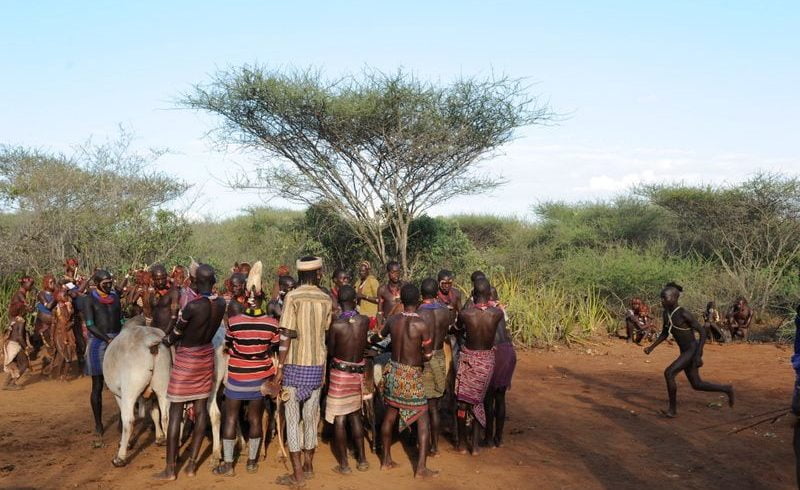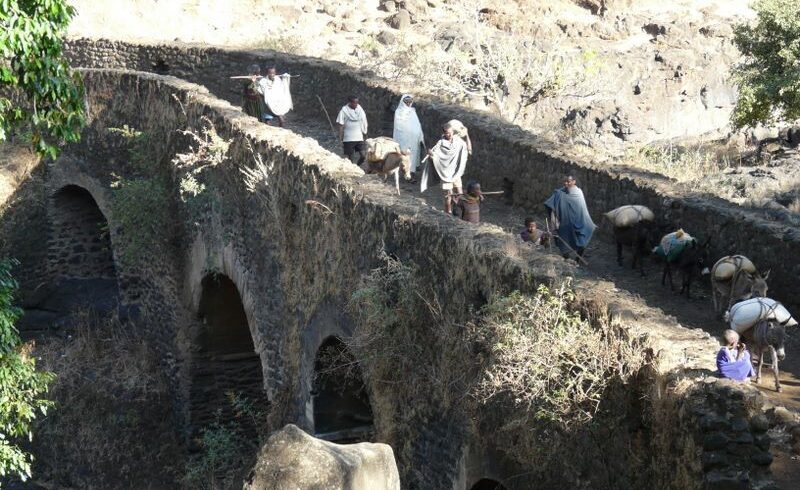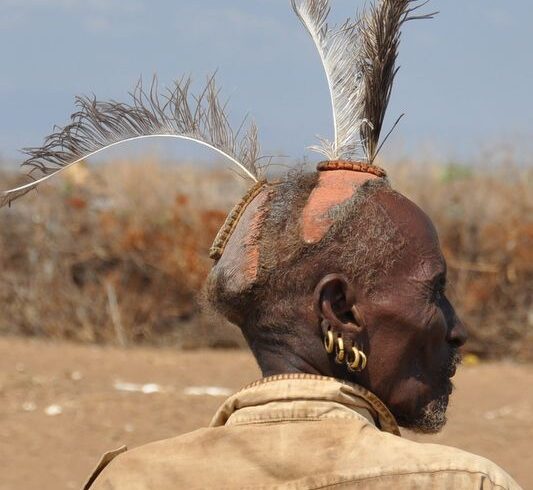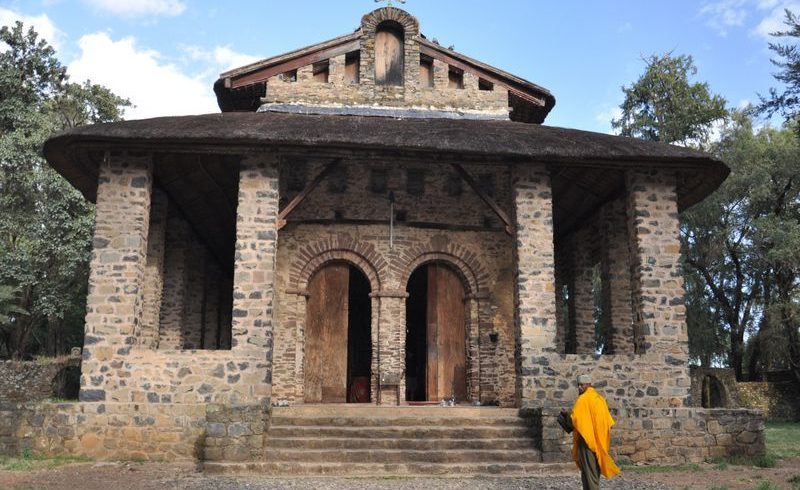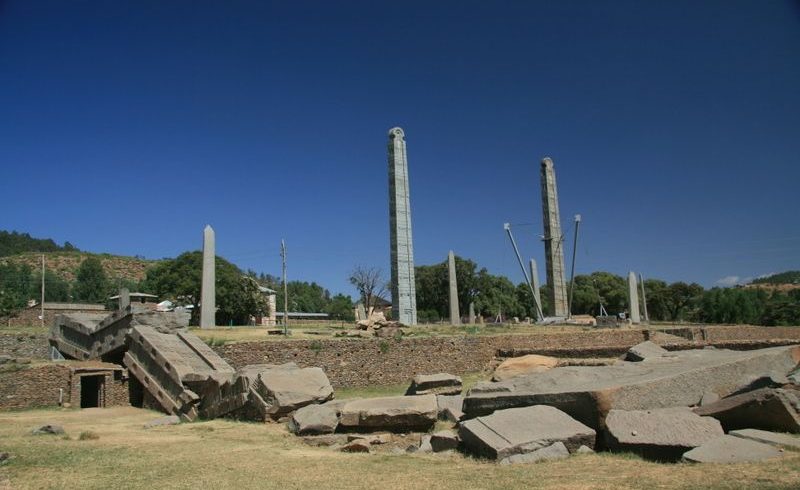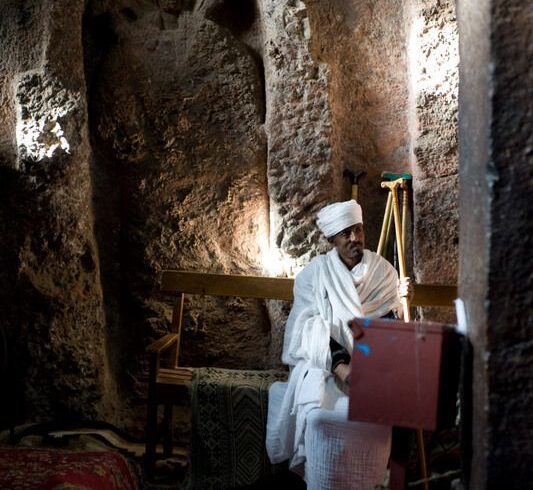Boundless Ethiopia Tours is committed to reducing the negative impact of tourism and is asking for your cooperation in achieving this. Our Responsible Travel Tips are drafted to guide you during your visit to Ethiopia to make your visit more enjoyable and memorable for you and the people of Ethiopia.
Most of the issues raised are not governed by law and complying is voluntary and your own responsibility. We are convinced what is suggested is reasonable, often just common sense, and we are sure you would appreciate the same effort from visitors to your country.
You can have a unique trip and avoid a negative impact on the people, economy, and environment of Ethiopia by educating yourself before departure.
SOCIAL ISSUES
Be a considerate guest to the communities and environment you visit. Respect the privacy and dignity of others. Respect local cultural traditions and customs and take care not to offend. Ask permission before entering sacred places, villages, homes, or private land.
Respect cultural differences and learn from them! People in different places do things differently, don’t try to change them but enjoy them. Discover the enrichment of seeing a different way of life through other eyes. Avoid making judgments without understanding the issues.
Be sensitive when and where you take photos/videos of people. Always ask permission first when making a close-up. It is very difficult to say what is close-up, you have to get a feeling for this. If someone says no, respect their wish, and don’t start using your possibilities to zoom. Talk to people before taking photos/videos, and show interest in what they are doing. Interaction brings understanding for both sides. People like to see the pictures you made of them. Remember to send promised pictures when you are back home.
Politeness, respect, and greetings are very important in Ethiopian culture. People often spend several minutes at the start of a conversation simply greeting each other and shaking hands. The elderly and professionals are treated with particular deference. Try to learn some standard greetings and responses.
Public displays of affection and open anger will be frowned upon. Homosexuality is illegal and strictly taboo but men often show extraordinary affection to each other, which is pure friendship.
Dress is important for both men and women. Notice local dress codes and adhere to them. You should always dress modestly and reasonably neatly in public places. Cover at least your knees and avoid too much revealing shirts, with your shoulders covered you are on the safe side. In the south, you will encounter people with very few clothes and you can dress more revealing here but remember in the villages/ towns are people with other cultural backgrounds living.
When you are invited for a meal and the food is eaten without utensils remember to use your right hand only. The left hand is never used to put food into the mouth but is allowed for little assistance when holding or tearing (your own) food. Never use your left hand on a communal plate though. The good thing for left-handed people: you are allowed to change hands but stick to one hand. Licking your fingers is considered impolite. When your host feeds you a small bite (gursha) it is a special honor which always should be accepted and always comes in twofold. It is appreciated when you return the favor.
Begging is common and accepted in Ethiopian culture. You will find beggars, especially around religious sites. Ethiopians mostly give them lose coins; a one-birr note is generous. Consider not giving to beggars who approach you too enthusiasts only because you are a ‘ferenji’ (foreigner). ‘Egziabher yistelegn’, may god provide for you, is a polite response to refuse.
Do not give money, candy, pens, water bottles, or any other gifts to children, it fosters a begging economy. If you wish to donate, we can suggest an appropriate organization and ensure the gifts are distributed fairly and properly. Do not feel obliged (guilt!) to give gifts to opportunistic strangers. When they ask you directly a polite but firm rejection is always accepted. However, gifts are very much appreciated by sincere people you will be dealing with for a period of time.
Do not contribute to any collection for money by children/ youngsters; how official the list might look. Don’t offer them to buy the item collected (uniform, football, sports outfit for the team, etc.). Experience learns it will be changed for hard cash afterward most of the time.
In and around Ethiopian Orthodox monasteries and churches:
- Wear clothing that covers the legs and at least the shoulders. It is appreciated when women use a scarf.
- Do not drink, eat (chewing gum!) or smoke in (or sometimes also around) the church.
- Don’t talk or laugh loudly.
- Always remove shoes and caps before entering the church.
- Never try to enter (or open the curtain of) the holy of holiest, which is strictly reserved for the priests.
- During prayer time, do not stray into the areas reserved for the opposite sex. Some churches don’t allow visitors during prayer time.
- Don’t touch paintings, old manuscripts, and other artifacts
- Be sensitive about where and when taking photos and using flash. Never use flash on paintings!
ECONOMICAL ISSUES
The good thing about Ethiopia is that almost everything is locally owned or has a strong connection with the local economy. Hotels, restaurants, and airline are all Ethiopian companies. So are Boundless Ethiopia Tours and our subcontractors. Profit will directly benefit the Ethiopian economy. But the Ethiopian economy is much wider and our goal is to support a broader local economy.
Buy in local shops and at markets. Don’t let your hotels be your sole provider of mineral water.
Purchase local produce in preference to imported alternatives.
Eat and drink in local restaurants. Venture out of your hotel and enjoy the local atmosphere. Stop at local restaurants when traveling long distances instead of taking lunch and drinks from your hotel.
Support local craftsmen by buying locally produced handicrafts.
Pay the fair price. Do not bargain too aggressively; remember that what is a small amount to you could be a lot more significant to the seller.
Be sensitive with offering money for any object in daily use by the owner. It might have a special (religious, tribal) meaning for him/her. You need a permit to export ancient artifacts.
Hire local guides if we did not already include them in your program. Enrich your experience and support the local economy. We will recommend reliable guides.
In the south, it is customary to ‘pay per click’. Although we encourage a system where an all-inclusive payment applies, respect the requested payment (10 birr, USD 0,20). Make sure the requested payment is clear, especially when photographing a (small) group.
Be aware when it is appropriate to tip, people rely on their tips. See our guidelines in our Travel Information.
ENVIRONMENTAL ISSUES
Do not litter, even if your surroundings seem to show differently. Find a decent disposal place for all your garbage, including organic waste. It takes a long for a banana or orange peel to disappear in dry conditions. Remember cigarette butts and tiny pieces of foil (medicine cartridges).
Don’t crush empty water bottles; they are a valued recycling item. Don’t give them to children either, it has become a habit to risk their lives and run with cars yelling to get them: ‘highland, highland, highland’; after the first brand who introduced the bottles not too many years ago.
When using a ‘bush toilet’ cover the result and the toilet paper with sand/ stones.
Take your empty batteries and other chemical waste back to your home country.
Reduce energy consumption and conserve water. Turn off the lights, take a short shower, don’t leave the tap unnecessary running, and minimize having your towel/bed linen changed.
Never buy crafts or products made from protected or endangered species.
Obey the rules and regulations of parks and protected sites. On most of our tours, we will pay the entrance fees, local guide, and scout. Follow designated trails where possible. Keep noise to an appropriate level.
Do not disturb animals, plants, or their natural habitat. Do not feed animals (monkeys!): they get used to it, become a nuisance, and have to be killed.
When camping follow your guide’s instructions for waste disposal, shower, and toilet facilities, use of campfire, etc.
Our most popular packages
This is a fine example of combining some of our suggested itineraries to a 'Best of Ethiopia' tour. It is…
For us this is the classic 'Historical Route'. It takes you to all the important historical sites of northern Ethiopia…
This is a perfect balanced itinerary to meet different ethnic groups in the south. Meanwhile you can enjoy the natural…
This is the shortest possible tour which takes you to all the important historical sites of northern Ethiopia and includes…
When your time is really limited but you want to include all the important historical sites of northern Ethiopia in…
A visit to the rock-hewn churches of Lalibela is the highlight of any visit to Ethiopia. The 12th century churches…

